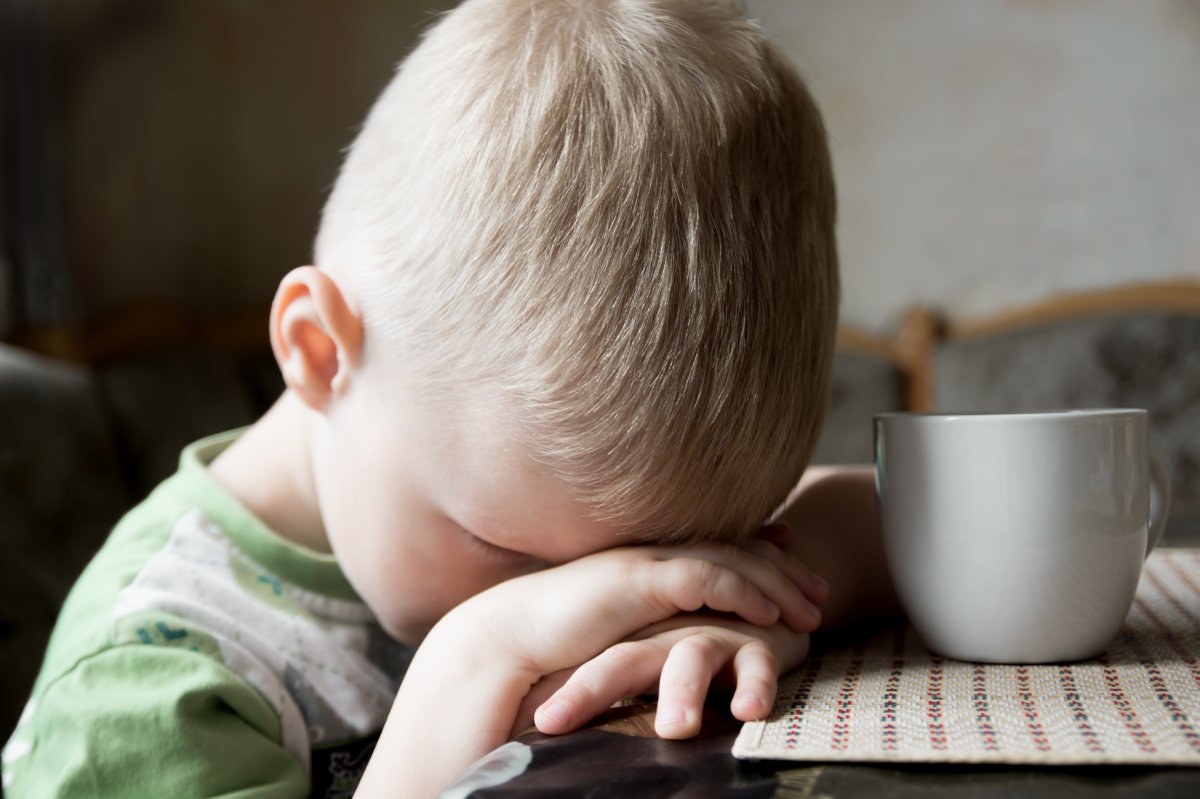People living in poverty in Quebec are more likely to stay in situations of need compared to elsewhere in Canada, according to a study published by the Institut du Québec on Thursday.

“There are two ways to look at this: do we have good measures already in place, or can we do more to help these people?” asked Jean-Guy Côté, co-author of the study and associate director at the institute, in an interview with the Canadian Press.
“What we observed in Quebec is that the tools are not necessarily there compared to elsewhere.”
According to the after-tax measure of low income in 2017, 14.4 per cent of Quebecers had less than half of their median income to support themselves, a result slightly above the Canadian average.
READ MORE: Quebec anti-poverty group upset about plan that could penalize new welfare seekers
Using the Market Basket Measure (MBM), which is a measure of the cost of various goods and services needed to support a two-parent, two-child family, roughly nine per cent of Quebecers are living in poverty levels lower than the Canadian average.
WATCH (Jan. 18, 2018): Welcome Hall Mission to open free grocery store in Montreal North

“It’s still a lot of people, especially since it’s a measure that is adapted to the environment you live in. This measure actually captures the number of people who have difficulty meeting their needs,” said Côté.
Long-term poverty
According to the study, titled “Leaving poverty behind in Quebec: Analysis of poverty, inequality and social mobility,” five per cent of the population in the province has reported low incomes each year from 2009 to 2016 — one percentage point higher than in English Canada.
READ MORE: Montreal launches organic farming initiative to feed city’s poor
This is an increase of two percentage points in Quebec since 1999, when three per cent of those surveyed reported having low income in each of the previous eight years.
“In general, poverty in Quebec is stable: it does not increase but it does not decrease, either, but people in poverty are sometimes worse,” reads the report.
The overall situation has deteriorated across the country with the exception of Alberta, Newfoundland and Labrador and Saskatchewan.
Differences and inequalities
Poverty isn’t affecting all regions of Quebec equally. Using the MBM, only 3.7 per cent of families in the Chaudière-Appalaches region reported low incomes in 2015, while the figure was at 14 per cent in Montreal.
WATCH (Oct. 17, 2016): Montreal’s working poor population

As for comparing the richest one per cent to the remaining 99 per cent, “the income of the richest is significantly higher than the income of the vast majority of the population,” according to the report.
READ MORE: Quebecers march for $15 minimum wage
That being said, even though revenues of the one per cent are increasing more rapidly, the study finds the ratio compared to 99 per cent has remained fairly stable since the early 2000s.
“Yes, the one per cent is richer. But so is the 99 per cent,” the study finds.
The report states that Quebec ranks “among the most egalitarian provinces in Canada after tax and redistribution … (Quebec) cares for people in poverty by adequately ensuring the redistribution of wealth, but does not succeed (…) in reducing the proportion. ”
Social mobility
As for social mobility, or the ability of the less fortunate to gain access to a higher social class, Quebec is neither better nor worse than its English-Canadian neighbours.
WATCH (Sept. 14, 2015): Risk of health problems in poor housing
Quebec still remains a place where good social mobility prevails — it’s among the best in the world, according to the authors.
READ MORE: Sun Youth officials concerned as need for service grows in Montreal
In Quebec, 72.2 per cent of children aged 16 to 19 living in poverty in 1986 managed to reach a level considered middle class or rich.
However, this means 27.8 percent of those who grew up in poverty stayed in the same environment as adults.
WATCH (Jan. 26, 2016): Montreal forum on homelessness

A child living in poverty in the regions of Montreal had a 67.9 per cent chance of transitioning to the middle class or higher in 2016.
READ MORE: More than half of Quebec’s homeless population lives in Montreal
This was 73.1 per cent for the regions of Quebec City and 69.5 per cent for Sherbrooke. Lévis came in first with 79.8 per cent, and Haute-Gaspésie was last with 63.2 per cent.
“Instead of the American dream, we should, in fact, talk about the dream of Canada and Quebec,” reads the report.
Conversely, 14.1 per cent of Quebec children who grew up in upper-class homes reported living in poverty as adults, compared to 14.2 per cent of English-Canadian children.
WATCH (April 30, 2017): Fighting poverty in Canada

“For us, poverty is still a good indicator of the strength of an economy,” said Côté.
READ MORE: Report shows Montreal remains one of the poorest cities in Canada
“The presence of poverty in a society (…) that needs all its talents in a context of labour scarcity, having a fairly large proportion of the population that is in a state of poverty is not good. When you want to be a society that develops economically, you need to include everyone.”


Comments